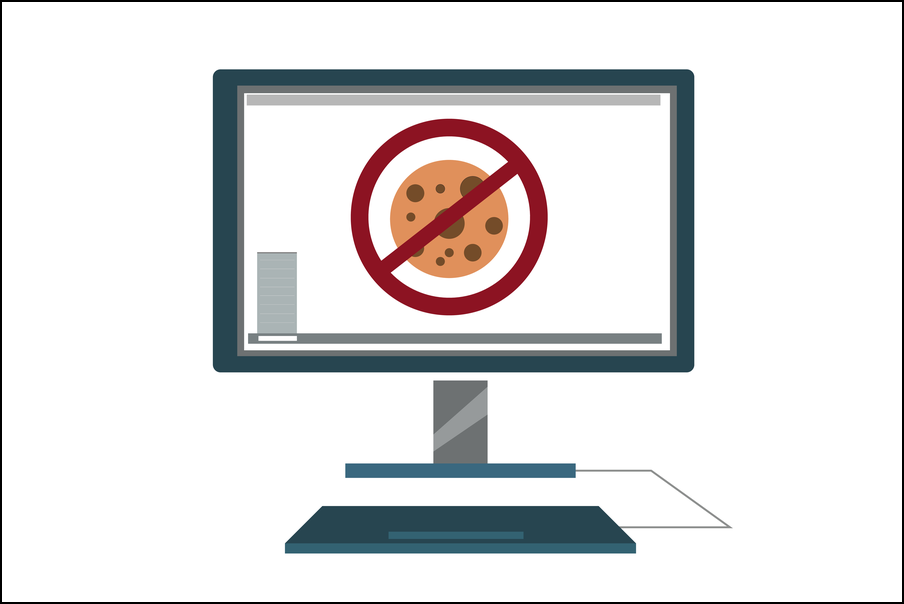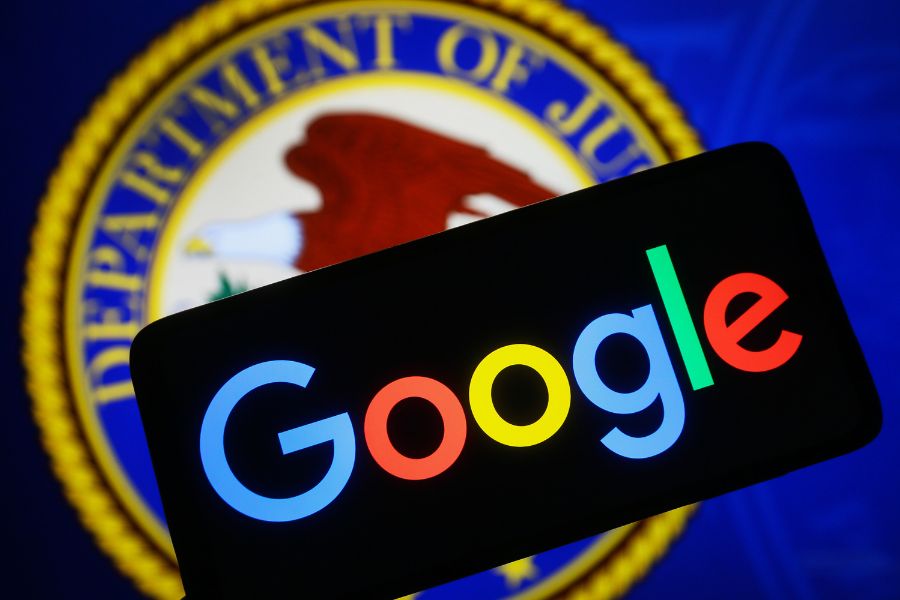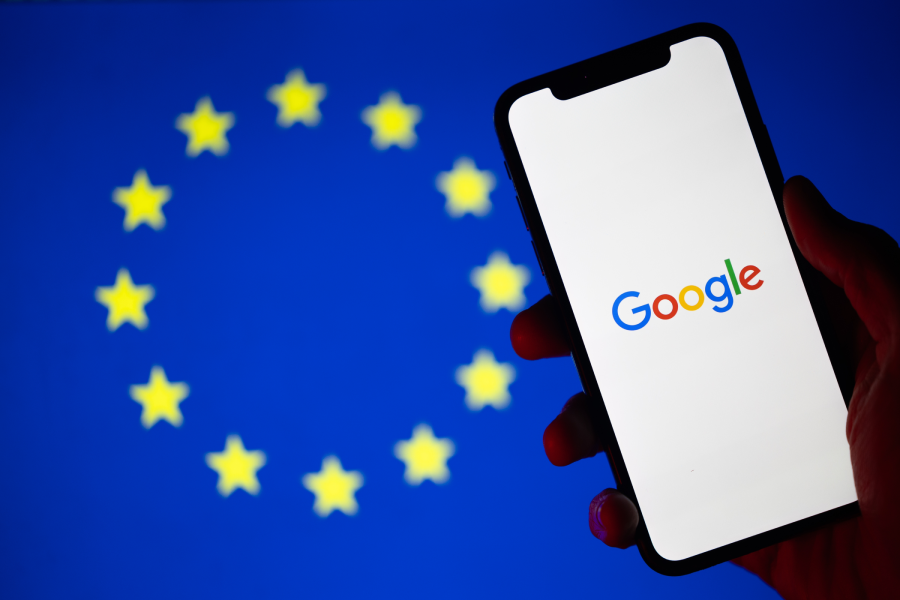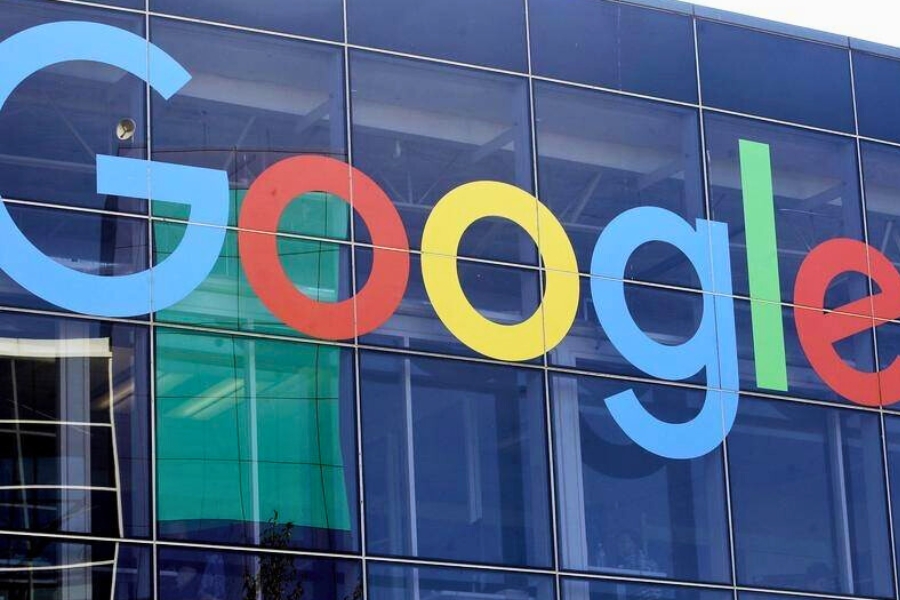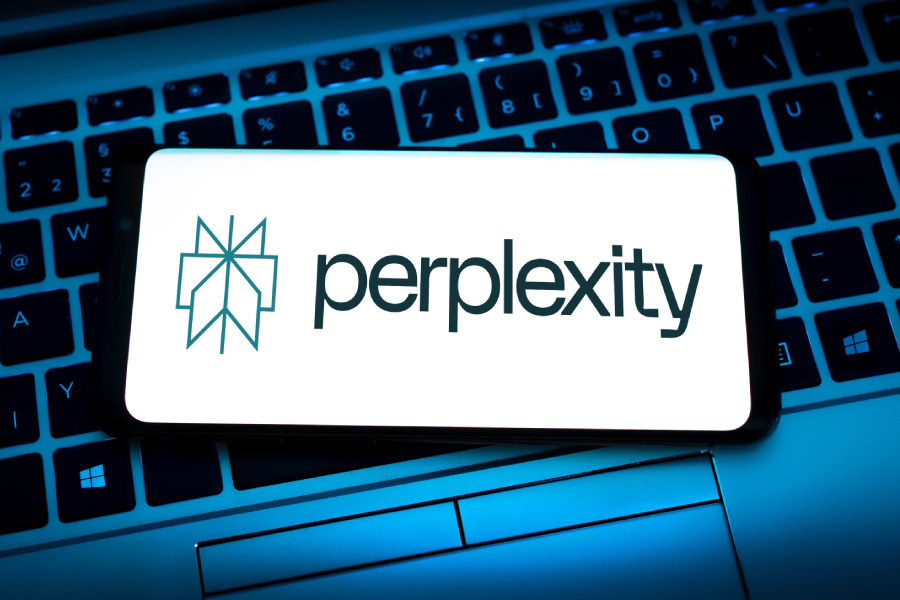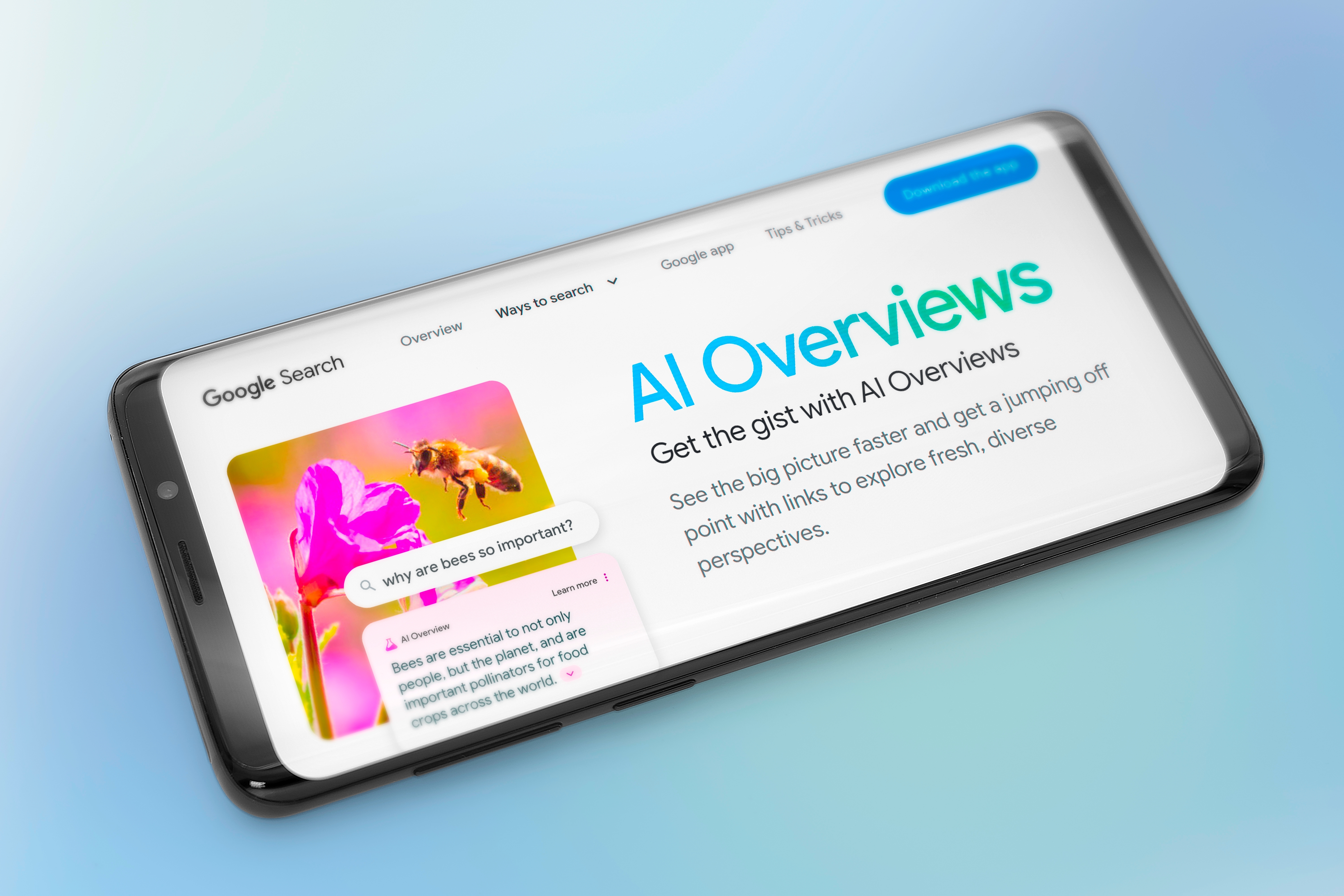Google Chrome gave advertisers and publishers a two-year deadline to phase out third-party cookies as an advertising tool in January. One-year into the cookie deadline, Google's APAC head of privacy Jessica Martin said readiness for a cookieless ecosystem across the region is "as diverse as APAC itself".
Martin attributes this to APAC's varying levels of digital maturity, data regulation and user expectations of privacy. Europe introduced consent-based regulation under GDPR in 2018, followed by the US with CCPA—regulations that have raised the privacy expectations of consumers in those regions. But markets in Asia-Pacific are at very different stages of adopting similar data regulation frameworks.
"In APAC privacy can mean different things, both in terms of the user expectation, but also the regulation we see. One notion of privacy is how to keep personal information private on a shared device, in a different market privacy could mean having full control over a teenager's internet usage," Martin said.
As a consequence, there remains in some markets in APAC a concerning lack of awareness or understanding of what upcoming changes by major technology companies like Apple and Google require of advertisers and publishers.
"Based on the conversations I've had with publishers, advertisers, adtech companies and agencies, the theme in APAC is education. So marketers and media agencies view the region as not having enough information on what is to come and what the future will look like, but also what they should do now to prepare," Martin surmised.
Martin was speaking on a panel at Campaign Connect last week (December 8), sponsored by The Wall Street Journal, that delved into how advertisers and publishers in APAC are preparing for privacy-first, cookie-less industry. Google Chrome's move to kill off third-party cookies—following similar moves by Apple's Safari and Mozilla's Firefox—comes as part of a broader push by the world's biggest tech companies to give internet users greater control over their data. Beyond ending cookies, companies like Apple are introducing strict consent mechanisms for app publishers and will require developers to be more transparent about their data collection practices upfront. Obtaining consent from users can be challenging—so these moves, compounded with the imminent death of the third-party cookie, look set to dramatically alter targeting, measurement and attribution approaches.

Google Chrome launched Privacy Sandbox in direct response to this—pitched as a forum in which the industry can collaborate on new privacy-first web standards. Martin said engagement from the industry in APAC has been "good, but we could do more". Yahoo! Japan is evaluating the federated learning of cohorts (FLoC) proposal, for example, which focuses on interest-based advertising to "flocks" of similar people without tracking the browsing behavior of individuals. Martin said she hoped more industry players would participate in the initiative to develop "inclusive" solutions.
Coca-Cola's APAC marketing technology director Vidyarth Srivatsan believes the industry should be collaborating outside the walled gardens. Proposals within the Privacy Sandbox such as FLoC are focused on contextual solutions, whereas a unified ID solution would offer "a level of granularity that can really step up the game in terms of measurement and attribution".
Srivatsan is a strong proponent of a universal identifier—taking to the stage at the ATS Singapore conference in June last year to rally the industry to collaborate. Now, 18 months on, he told Campaign Connect that several attempts to collaborate via neutral third parties such as through the IAB Tech Lab's DigiTrust have "fallen away". The Trade Desk's Unified ID 2.0 is "the most successful effort I've seen" because they can "gain the traction that is needed quickly".
"They have positioned it as a solution that can be embraced by many," he said, adding that unified IDs "have to succeed for the larger open internet to stay together". Of particular concern, Srivatsan said, is that the shift away from cookies toward privacy-first practices by the likes of Google will strengthen the power of the walled gardens.
"We should be expecting [as a consequence of privacy initiatives] that there's going to be the race of many walled gardens—the Google's and the Facebook's, but I expect a lot more to come through on that front," he said. That risks smaller publishers and advertisers from being hit by decreased digital ROIs.
"There's a lot of benefit for brands or enterprises with a lot of data, but those that don't have a lot of first-party data are going to end up in a very, very bad spot very, very quickly," Srivatsan said.
He called out Google for not participating in open internet initiatives like a unified ID solution: "The question is, if the intention [from Google] is to make the ecosystem thrive, why not participate in the open internet initiative, why not split the spoils with the entire industry, rather than keeping it to yourself?"
Google's Martin responded: "We can understand why the industry, advertisers and marketers will look to develop different identity solutions, and as long as that is done in a way that respects consumer privacy and gives them choice, consent and control, then that's a good thing and we want to be involved in that conversation too."
How should brands and publishers get started?
So if smaller brands and publishers are at risk of being adversely affected by privacy-first initiatives by the likes of Apple and Google, what should they be doing to protect themselves?
Coca-Cola's Srivatsan suggested that brands should be focused on building up their first-party data strategy. "That's the number one thing that we all need to do, whichever situation we are at," he said.
There are several ways to do this. Coca-Cola has been growing its first party data by gleaning mobile IDs from apps that interact with its vending machines, as one example. Smaller brands can look at matching up data with data 'clean rooms' held by the walled gardens, from Google to publishers like The Wall Street Journal.
Google's Martin further suggested that for businesses that don't necessarily have the resources or means to build a first party data strategy, they should consider partnering: "We've seen some great examples of this in the region, such as Nissan partnering with MightyHive to help them establish solid data collection, analytics and platform integrations."
The Wall Street Journal Barron's Group's APAC head of media sales & The Trust, Julia Clyne, advised brands and publishers to begin work building a data infrastructure. The publisher has spent the last few years cleaning and consolidating all of its customer data into a centralised data lake, from which it can build products for advertisers. Clyne said the process of organising, tagging and sorting through that data took two years. While it is a "long and complex" journey for publishers, the investment is more than justified, she said.
"Any investment in your data transformation is really just an investment in building knowledge about your customers, and the more knowledge we have on our customers, the stronger our relationships and the better products that we can build for them," said Clyne. "Especially in a year like 2020 when there is a real scrutiny on cost, if you're learning more about your customers you're just building business resilience and strength and setting yourself up for success in the long-term."
In China, while cookies are not a common advertising tool in the country's unique internet ecoystem, the concentration of power within the BAT walled gardens makes it challenging for brands to collect first party data such as device IDs and to cross-compare data across platforms, according to Jonathan Beh, the CEO China of Matterkind. The ad firm is focused on helping advertisers to develop a common identity—which Beh calls 'one membership'—that pools a brand's customer data from across China's fragmented ecosystem.
"Similar to the Google of the West, in regards to BAT we do have limitations when it comes to the ability to collect certain device IDs. All of the data that gets collected comes in different forms, usually that sits siloed between different departments. So we help our clients to mitigate this by strengthening the data architecture setup," he said.
"The aim is to generate 'one membership' that strings together all the different touch points that the customers interact with. And then with the CDP capability we can start to stitch up the second party data with the first party data," he said. Beh similarly suggested that smaller clients who do not have the resource to build this martech stack in-house to leverage publisher's data clean rooms in China.

